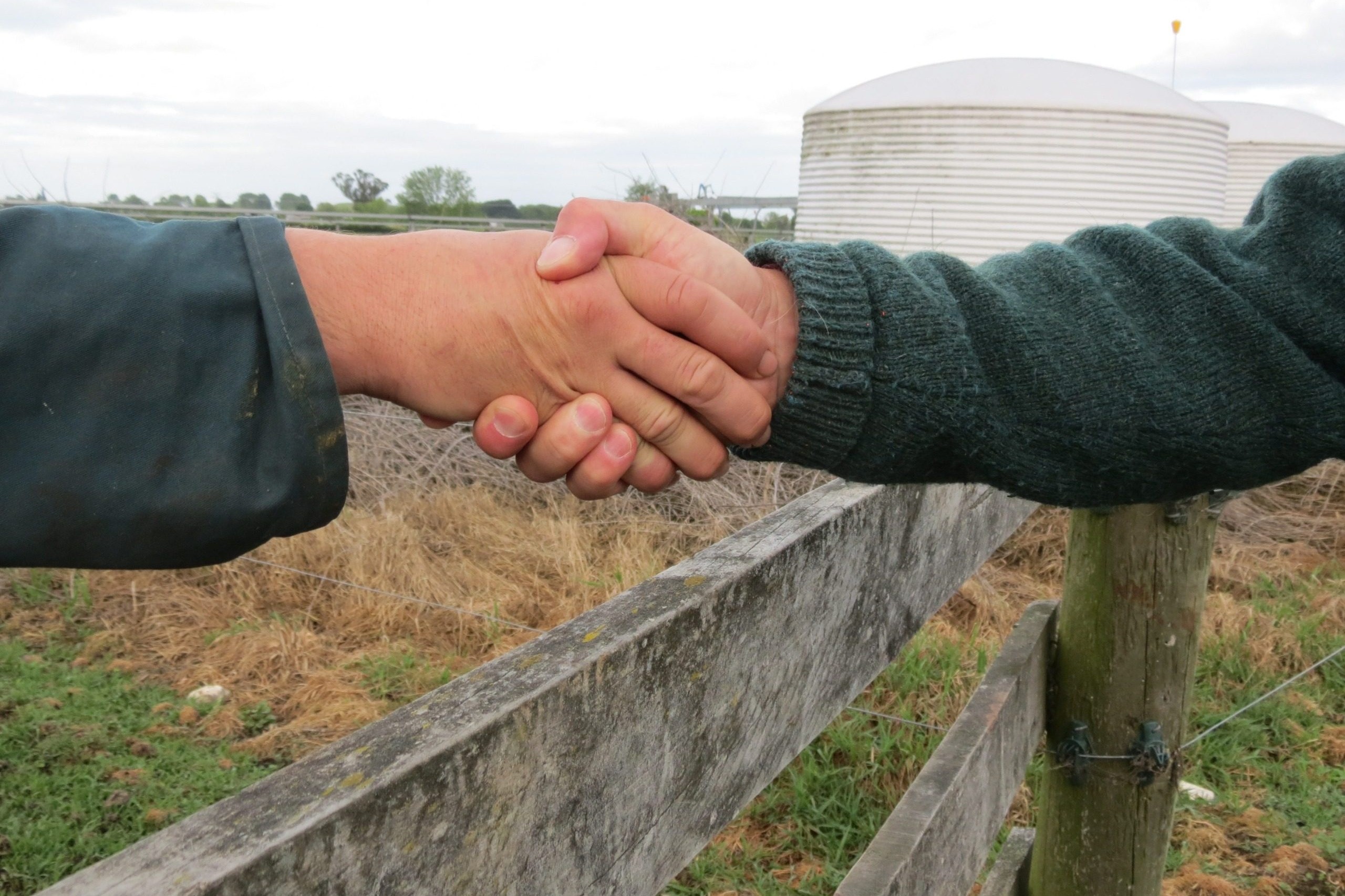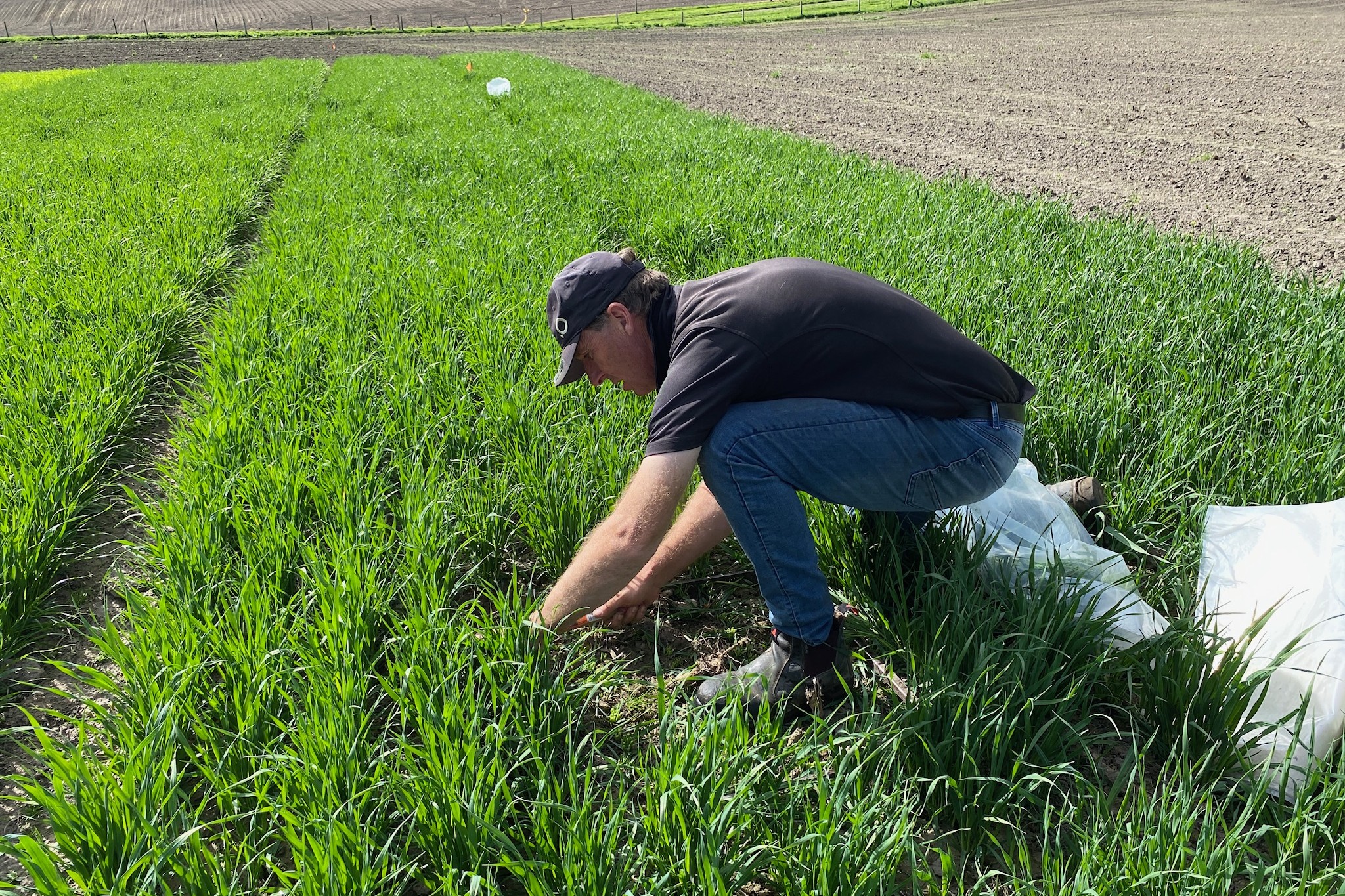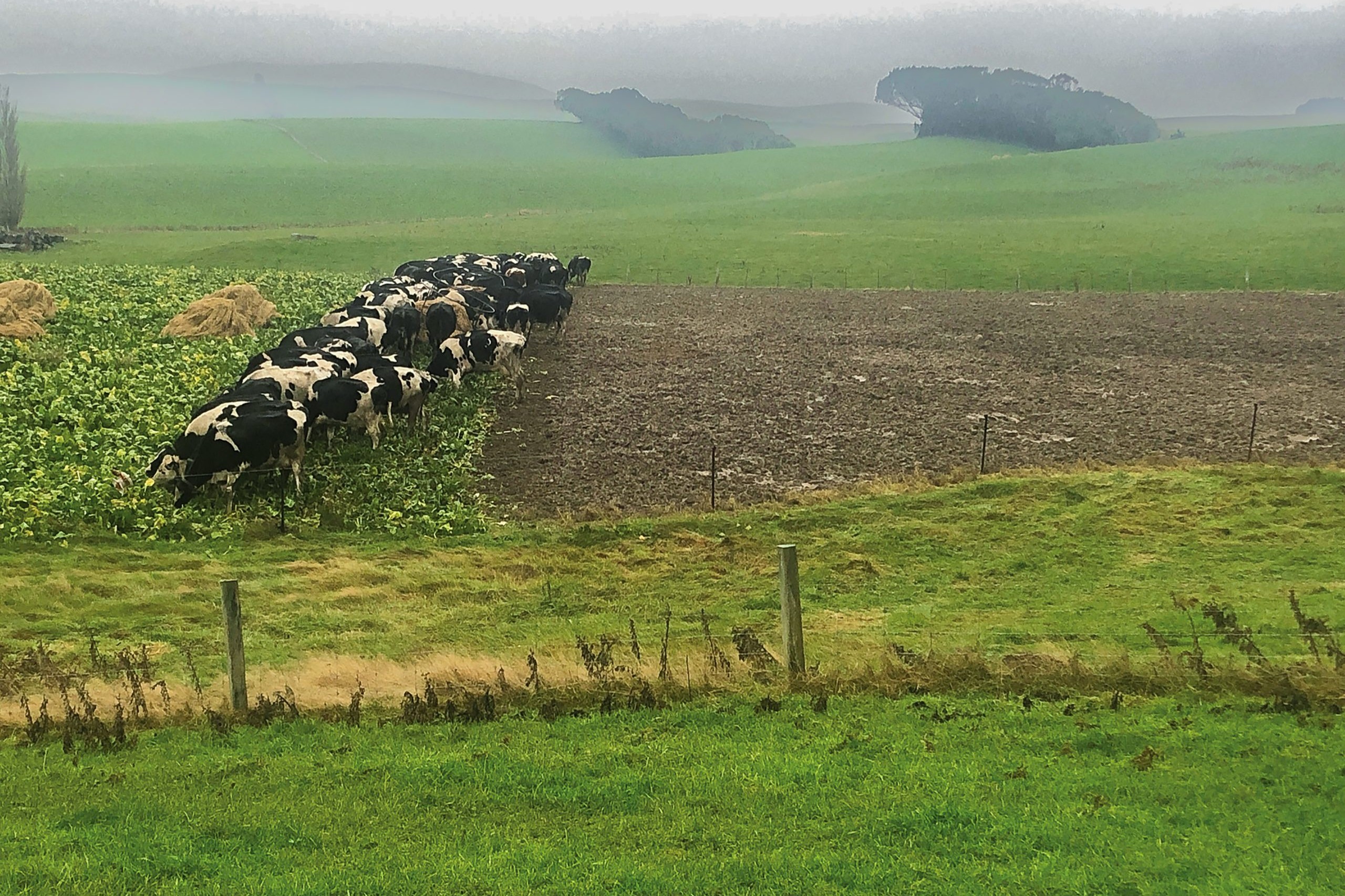Agreement promotes certainty
In the face of skyrocketing prices for fuel and fertiliser, farmer and rural contractor industry groups have an initiative to help safeguard their members.

In the face of skyrocketing prices for fuel and fertiliser, farmer and rural contractor industry groups have an initiative to help safeguard their members.
Federated Farmers arable chairperson Colin Hurst says their new forage trading agreement gives growers, harvesters and buyers an agile contract that caters for price spikes, helping to ensure no-one is unfairly out of pocket.
The idea for the agreement was sparked when contractors in the Waikato took a big hit on contracts set up at harvest time.
“Last year the price of fuel went through the roof, and some rural contractors running expensive machinery with fixed costs basically lost money,” says Hurst. “Normally the costs don’t move that much within the six months between planting and harvesting.”
Federated Farmers and Rural Contractors New Zealand contracted NZX to develop and regularly update fuel and fertiliser cost reference indices. As a result, growers and contractors can view the independent data, then take advantage of the agreement to select what variable costs they want to move, and at what rate.
The template provided with the agreement is a guide to assist with calculating the change in price.
“It doesn’t tell either party how to price, as everyone has their own cost model and pricing model,” says Hurst.
The new agreement and the template to assist with calculating the variable costs are available now. Members can access the data through both feds and Rural Contractors NZ websites.
Hurst says the agreement has been well received.
“The reaction from farmers, growers and contractors has been very positive and we’d be keen for any feedback to ensure suitability for all forage crops and also to cater for other key input costs.
They will look to refine the agreement for next year following feedback.
“We think this is a valuable tool for the sector, one that offers a bit more certainty in these uncertain times,” says Hurst.




